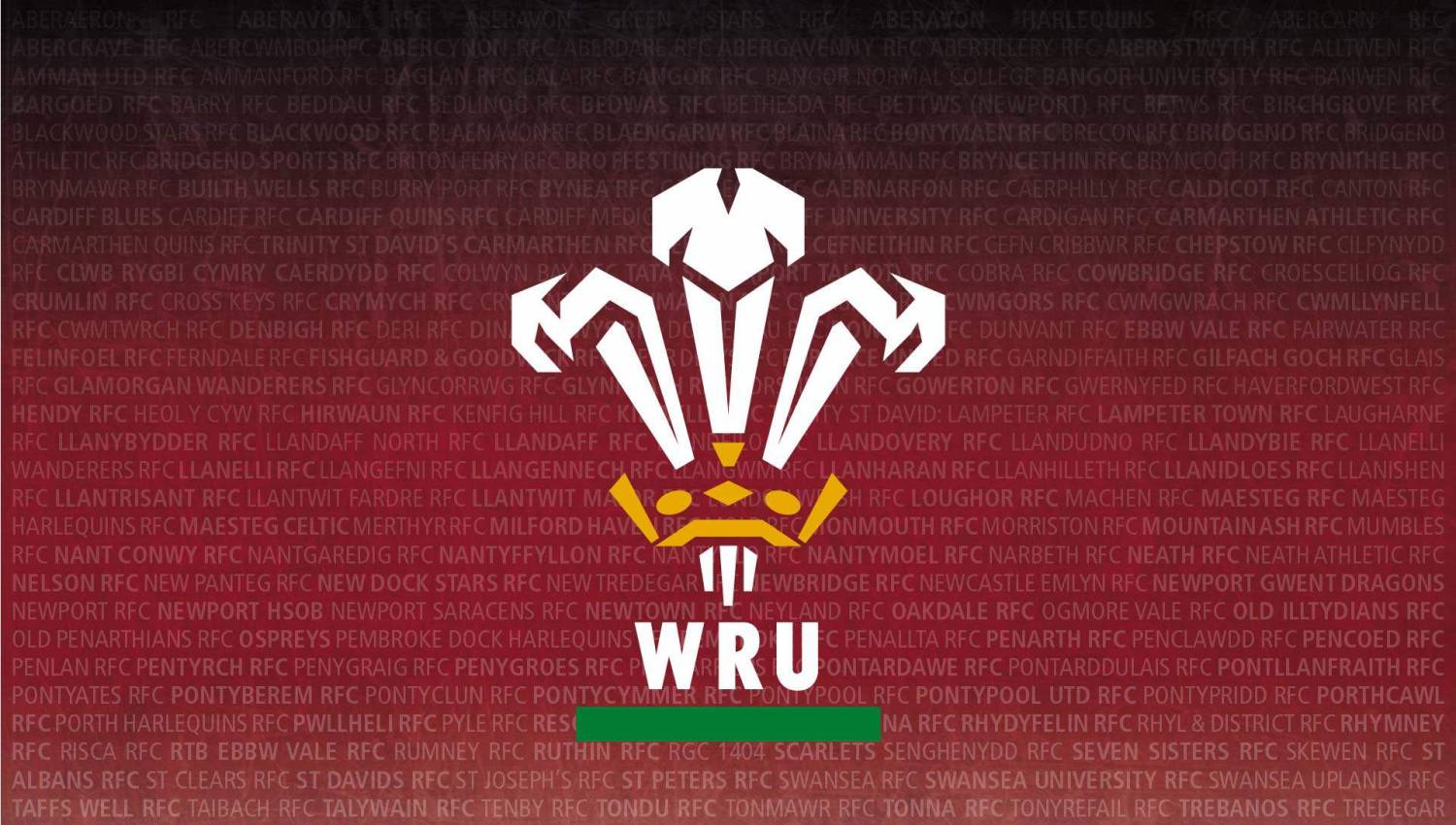Mullock was the first Secretary of the WRFU, a man who had his fingers in many sporting pies. As well as being a founder member of the Newport Athletic Club in 1874, he was also present at the formation of the Amateur Athletics Association at the Randolph Hotel, Oxford in 1880.
In 1881, he took it upon himself to select a Welsh rugby team to play against England. His side was hammered and a month later the Welsh Rugby Football Union was formed in Neath.
Mullock was elected Honorary Secretary and Treasurer and served as Secretary until 1892. He became Wales’ fourth international referee when he ‘umpired’ the 1885 championship clash between Ireland and England at Lansdowne Road.
He was frequently found in the summer umpiring cricket matches at Newport and was elected to the AAA general committee in 1881 as a representative of the ‘West of England’ clubs.
He was the first of 10 Secretaries of the Union who held the post for 121 years until a change in constitution created an Executive Board with a new figurehead, a Group Chief Executive.
MR RICHARDSON’S FIELD, BLACKHEATH
19 FEBRUARY, 1881
Wales’ inaugural international was arranged ‘privately’ between the Newport secretary, Richard Mullock, and the RFU and was actually played two months before the Welsh Rugby Football Union was officially founded.
The game was first fixed for 8 January, 1881, but was subsequently rearranged for 22 January because it proved too inconvenient for the RFU. Mullock, meanwhile, had arranged a formal Welsh Trial in late December with the double Oxford Blue, Robert Knight, captaining one side and Cambridge Blue James Bevan skippering the other.
Knight, according to the history books, declined the invitation to play for Wales. In the end, though, the trial never took place and, with the change of date, confusion reigned as to who would play in the international team. Mullock eventually took charge and the team became known as “Mullock’s Army”.
His commander-in-chief was at half-back – the 22-year-old Cambridge Blue, Bevan. If the first change of date had been an inconvenience, then the RFU’s second move, to 19 February, caused huge problems for the Welsh as it clashed with the semi-final of the South Wales Challenge Cup between Swansea and Llanelli at Neath.
Mullock’s first choice as captain had been the 28-year-old Llandovery full back Charles Lewis, but he declined the invitation because he didn’t feel the team truly represented Wales. That left Bevan, who had played once for Newport that season, as the next choice. He accepted, yet found himself leading a chaotically organised team.
Mullock’s organisational abilities may have been legendary, but his attention to detail sometimes left a lot to be desired. No formal invitations were sent to the players he selected and, when Bevan arrived at the Princess of Wales pub to get changed for the game, he found his team were two short.
It was suggested that Mullock had to press-gang two university undergraduates who had turned up to watch the game into actually playing. There were also reports that a few players had been drinking heavily before kick-off.
The game turned into a rout. There was a hat-trick of tries on his debut for Harry Vassall, four for fellow forward George Burton, six conversions from Leonard Stokes and 13 tries in total for the host nation – still a record for the fixture. A singularly unimpressed RFU cancelled fixtures the following season, but Mullock’s bold move had at least established a link with the all-powerful English union.
In 1882, Wales had to make do with playing against the North of England at Newport. They did so well in only losing by a goal to a try that they were reinstated to Test status by the English for the 1882-83 season.





































